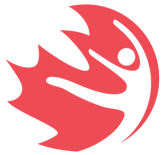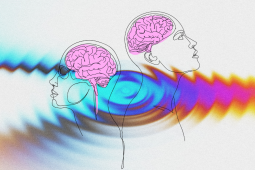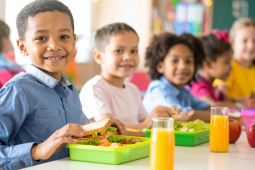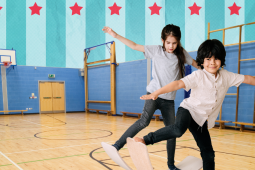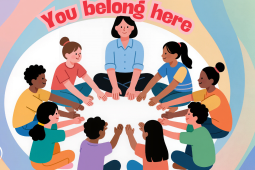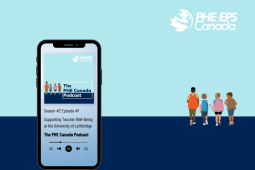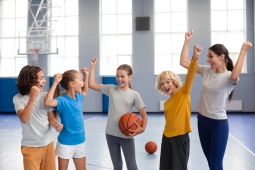We are looking for feedback!
July 25, 2024

Meeting the needs of our PHE Community is essential to supporting the teaching of quality physical and health education, and implementing healthy school initiatives. The PHE Journal and PHE Canada Podcast are two of PHE Canada's knowledge sharing platforms, covering a variety of topics.
As we approach the start of a new school year, we are wondering:
"What types of topics, trends, hot issues, concepts, or teaching strategies would you want to see covered or learn more about?"

